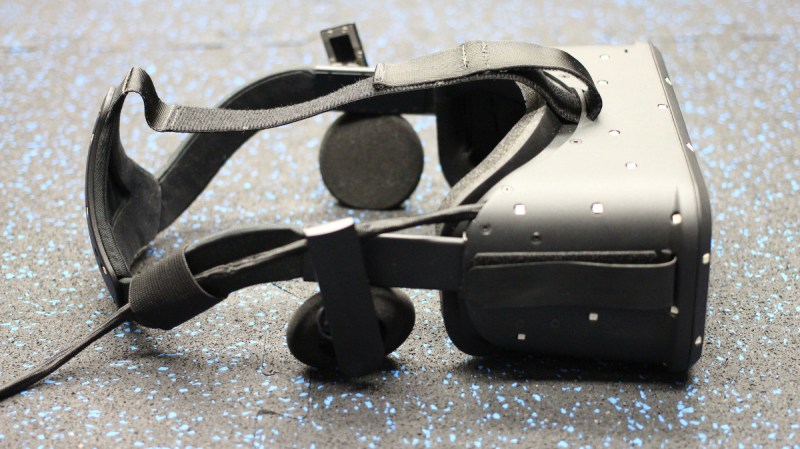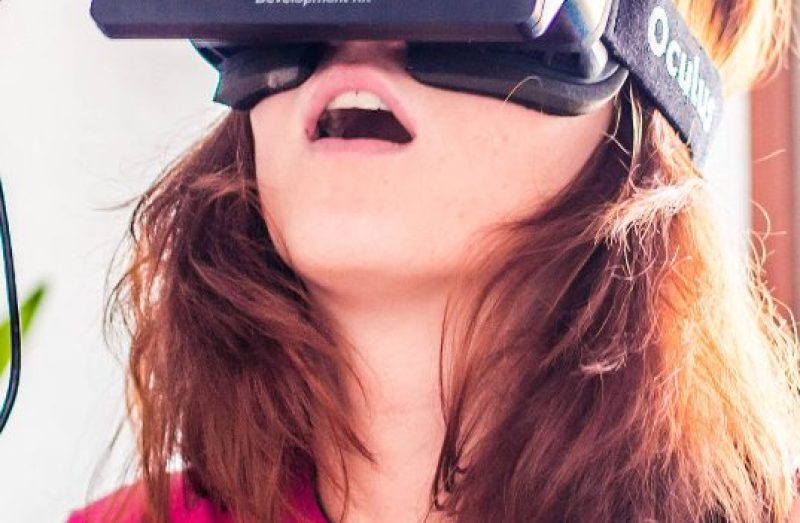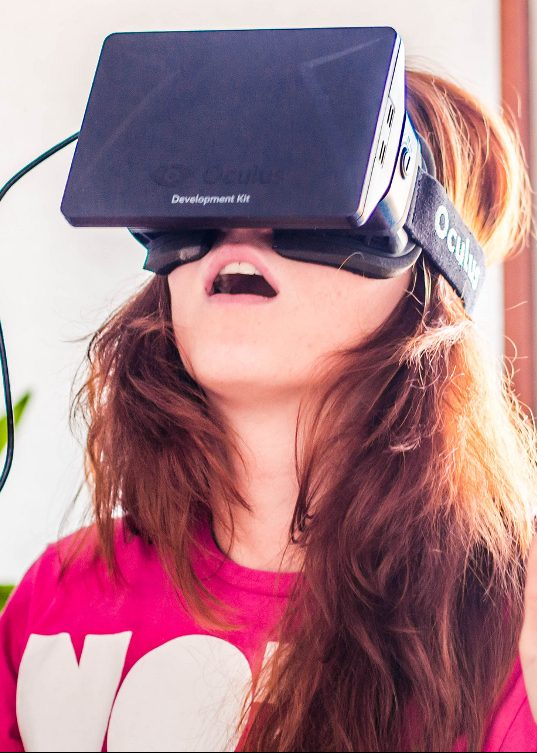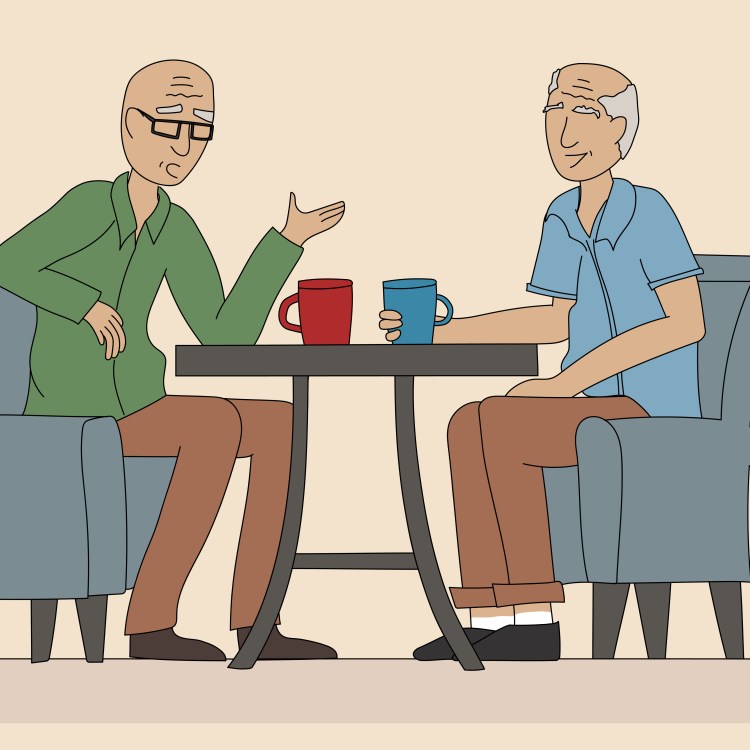
Most media coverage of virtual reality says the same thing: It’s an emerging technology that is both awesome (with potential to be even more so) and potentially world-changing. What’s less commonly reported are the after-effects of detachment, light-headedness, vertigo, severe eye strain, difficulty focusing, and an untethered sadness that leaves users unable to enjoy things back in the real world.
These after-effects have been discussed in the Oculus Rift forums and elsewhere, and more recently on Medium, where Tobias van Schneider described feeling “a strange feeling of sadness and disappointment when participating in the real world” after using VR. “I feel deeply disturbed and often end up just sitting there, staring at a wall.”
Game developer Lee Vermeulen “had an incredibly strange, weird moment of comparing real life to the VR” after using Valve’s SteamVR system a couple of years ago. “I understood that the demo was over, but it was [as] if a lower level part of my mind couldn’t exactly be sure … the only way I could get rid of that feeling was to walk around or touch things around me.”

What’s causing this, exactly? Symptoms like those are less clear and more troubling than better-documented reactions like VR sickness (which is similar to car sickness). A 2006 study by Frederick Aardema that explores the correlation between virtual reality and clinical dissociation sheds some light on the problem. Aardema’s study found that VR increased dissociative episodes in users afterwards. According to feedback from his test subjects, VR use lessened users’ sense of presence in the real world, especially in subjects with histories of depression. Severe, pathological cases of dissociation can lead to depersonalization, the feeling that you yourself are not real. This is often a response to severe trauma or drug use (as any Philip K. Dick novel will tell you), but another cause is contradictory sensory input (like that which you get during a VR experience).

A 2015 study on the subject explains how the mind combines and organizes sensory input to make sense of the world around it, and how mismatched signaling between the body’s balancing system and the visual system can send the brain into panic mode.
As VR tech stirs up more excitement and attention, and as the technology itself matures, the people behind it will take all this research into account. Blurring the line between reality and simulation is the point of VR, and it’s not an inherently bad motive, but the brain’s capacity to handle it has to be a consideration. Immersive graphics are cool and all, but they’re not worth displacing one’s sense of reality.
—RealClearLife Staff
Whether you’re looking to get into shape, or just get out of a funk, The Charge has got you covered. Sign up for our new wellness newsletter today.
























